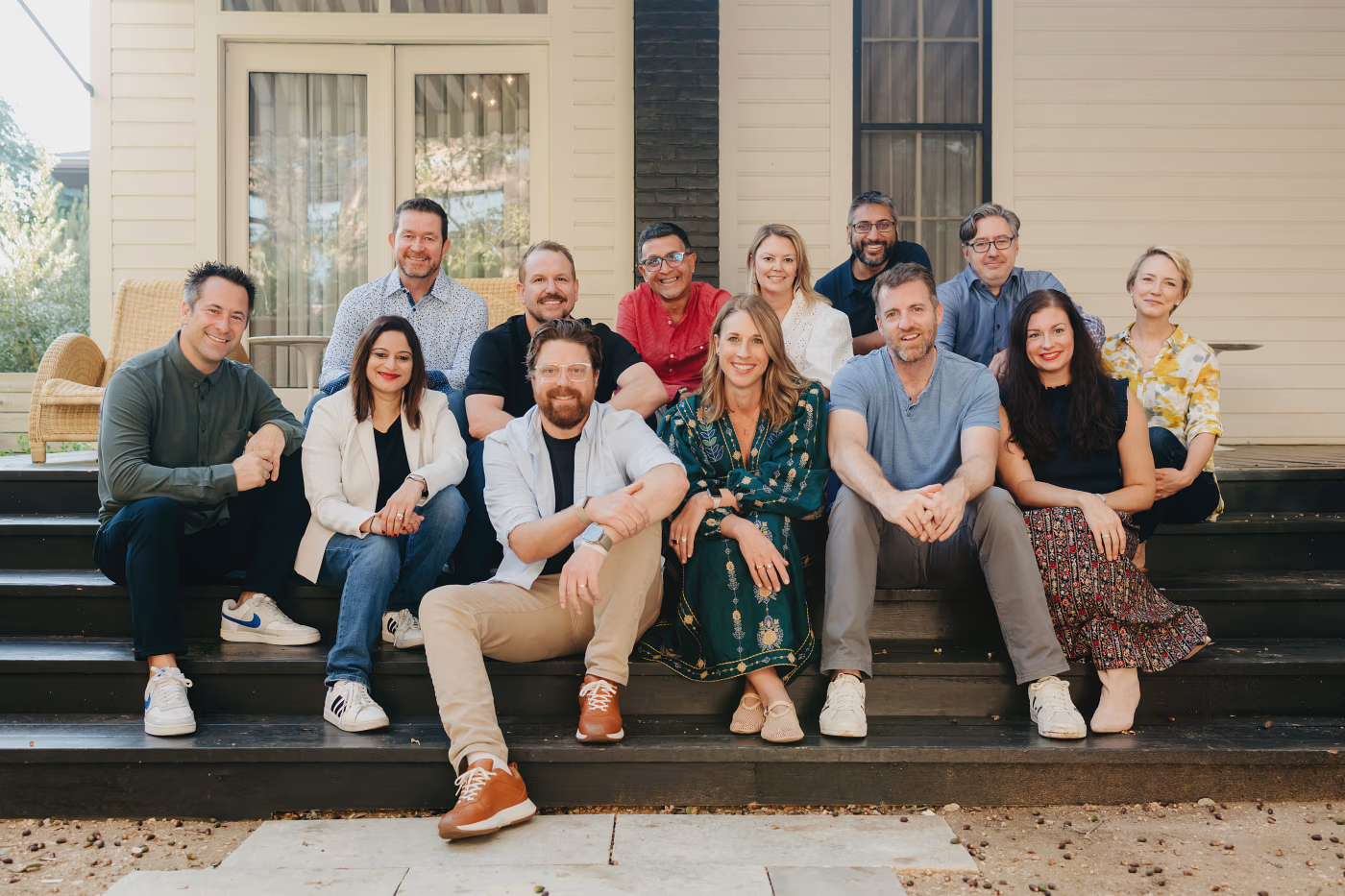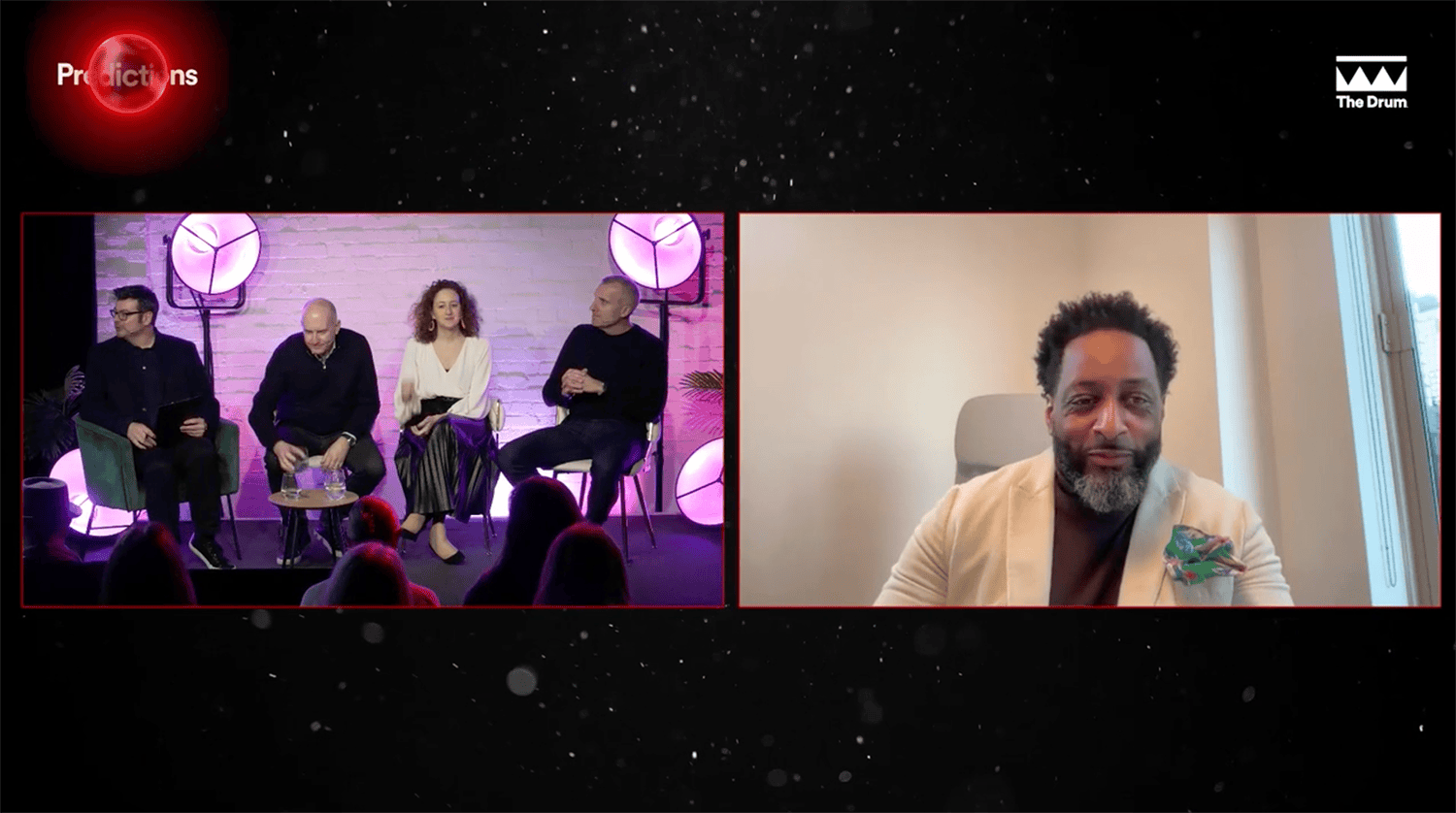Author
Mandana Mellano
Founder, Executive Recruiter, PEONY Talent
Topic
- Culture
- Marketing
- Strategy
- Sustainability
- Talent
3 lessons to learn from how microbreweries are born, operated, and celebrated
Beer. This simple ancient, fermented drink that dates back to around 8,000 years ago has traveled through centuries and civilizations, yet it somehow feels new as ever. The microbrewery boom has had its own ups and downs over the last decade, but it has inspired this understated movement and desire to value “small batches” of goods and services. From micro-bakeries and micro-roasteries (coffee), to micro-green farms, and micro-cosmetics, it feels like the artisanal world has gained a whole new life.
That’s great news for small agencies who, like any other micro-business, start out as a passion project and are built around a unique set of expertise and offerings. Unlike micro-businesses, small agencies tend to adopt and replicate the exact same business models as big agencies; hence, losing the essence of their proposition altogether.
While the world of craft beer and marketing communication may seem far apart at first glance, they both strive to deliver the same thing: an emotional connection with their people. Here are three areas that, thematically, can help small agencies recognize (and maybe even celebrate) their smallness:
1 – Clear Product Differentiation
For Microbreweries, quality takes priority over amount. That sentiment is carried throughout every step of their product development and customer experience. They differ from large commercial breweries and their entire business model is centered on that differentiation.
Microbreweries do not offer what macrobreweries do and in fact, they only offer what macrobreweries do not! Essentially, there is no overlap or gray area between the two offerings.
Small batch brewing allows brewers the time, patience and precision to work on their craft. They have zero interest in replicating macro ways and methods; therefore, they are fully dedicated to creating an experience that is truly one-of-a-kind.
Small agencies, however, tend to directly compete with large agencies and often find themselves trying to catch up to the larger and more complex business and operation models – a practice that, inadvertently, becomes quite costly and disadvantageous to their positioning and profitability. Small agencies have a unique opportunity to clearly differentiate their services from their larger counterparts and as a result, be able to attract the right types of clients and creative work.
2 – Innovation and Experimentation
Experimentation is the heartbeat of microbreweries. They exist to test and develop new recipes and are continuously redefining what beer can taste like. While the large commercial beer breweries focus on formulas and recipes appealing to the masses, the microbreweries are always looking for opportunities to change things up; using unconventional ingredients (like fruits and flowers), exploring the changing of the seasons as inspiration for new tastes, and experimenting with unused ingredients and techniques.
The microbrewery business model is the epitome of ‘evolve and thrive.’ Their determination to constantly experiment with new ideas allows their creativity to flourish and encourages their clients to keep coming back for interesting creations each time.
Small agencies gravitate towards tried-and-true methods that have worked for them in the past. Their appetite for innovation and experimentation tends to get smaller as their customer base feels more stable but they later find themselves in a compromised position once they need newer clients. Small agencies limit their experimentation to the appetite of their clients whereas microbreweries train their clients to come on the journey of explorations with them.
3 – Community Connections
Microbreweries are proud and very supportive of their local community. Prioritizing local talent, resources, and geo-cultural nuances, they lean into their community as a point of differentiation. They believe in mentorship and developing apprentices who are equally passionate about their community creations.
Education is at the heart of microbreweries model, both with their employees and their customers. From how-its-made customer tours and creating opportunities for visitors to drink and speak with their staff, they aim to connect beer lovers through education, conversation and meaningful connections.
Small agencies who prioritize education and mentorship tend to create stronger bonds with both their employees and their clients. From testing first-to-market opportunities, holding frequent strategic workshops, and developing hands-on educational series to becoming an organic extension of their clients’ teams all help to create stronger community connections.
Small agencies have a unique superpower if only they focus on playing into their smallness. If they are able to equate “small” to higher level of creativity and inventiveness, they will not only flip the service model to their favor but also be a magnet for those passionate artisans who will flock to them to create better and more fulfilling experiences – much like the microbreweries.
–
About the Author
The first half of Mandana’s advertising career was holding leadership positions at some of the most iconic agencies in the world: Ogilvy, Fallon, WPP Media, and Kastner & Partners. The second half has been building and leading PEONY Talent to become the partner of choice for famous ad agencies, global adtech companies, and bold brands.
Building teams, re-structuring teams, and helping agencies and brands of all sizes grow, Mandana believes that recruiting and retaining the right talent is the only differentiator between the winning companies and, well,… the non-winning companies. She is inspired by a human-centered approach to defining roles and employing a more rigorous assessment of competencies that shape modern marketing.
Mandana and her team of experts are dedicated to help PEONY clients gain a competitive edge through unmatched expertise and connections to best-in-class talent nationwide.
Related Posts

02/19/2026
Madison Avenue Is in Crisis. Midwestern Ad Agencies See an Opportunity.

02/13/2026
Guest Post – Co-Creation with Agencies: Designing Solutions Grounded in Real Agency Pain Points

02/02/2026


